November 8, 2019
Lack of leadership stifles workplace creativity
 The UK’s workforces are being creatively stifled because of high pressure and a lack of leadership skills, a new study claims. A study of 1,000 workplaces published in Thinking On Your Feet, a report by the commercial arm of the Royal Academy of Dramatic Art, RADA Business, has found that almost half (41 percent) of UK workplaces implement practises that have a detrimental effect on employee empowerment and their ability to think creatively. The study also reveals that 75 percent of workplaces lack the right environment to enable improvisation to thrive, leaving workers feeling unsupported and stressed. (more…)
The UK’s workforces are being creatively stifled because of high pressure and a lack of leadership skills, a new study claims. A study of 1,000 workplaces published in Thinking On Your Feet, a report by the commercial arm of the Royal Academy of Dramatic Art, RADA Business, has found that almost half (41 percent) of UK workplaces implement practises that have a detrimental effect on employee empowerment and their ability to think creatively. The study also reveals that 75 percent of workplaces lack the right environment to enable improvisation to thrive, leaving workers feeling unsupported and stressed. (more…)








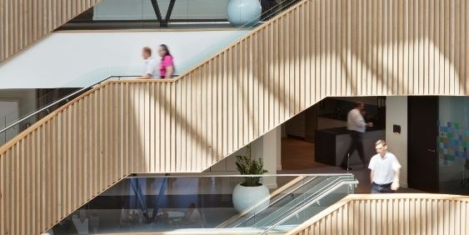
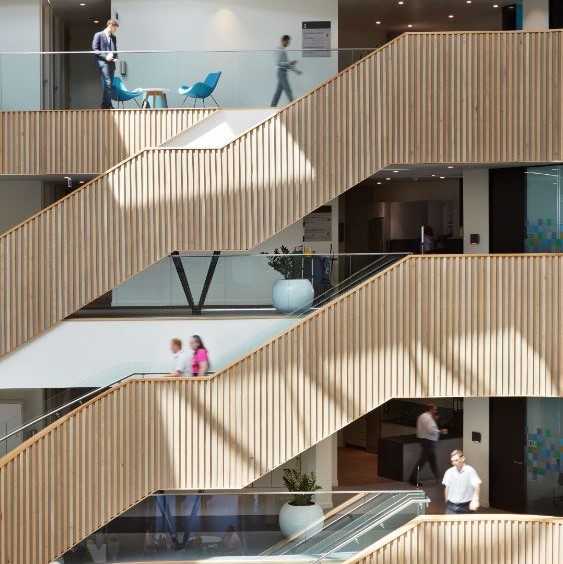




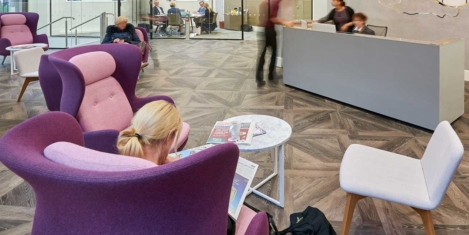
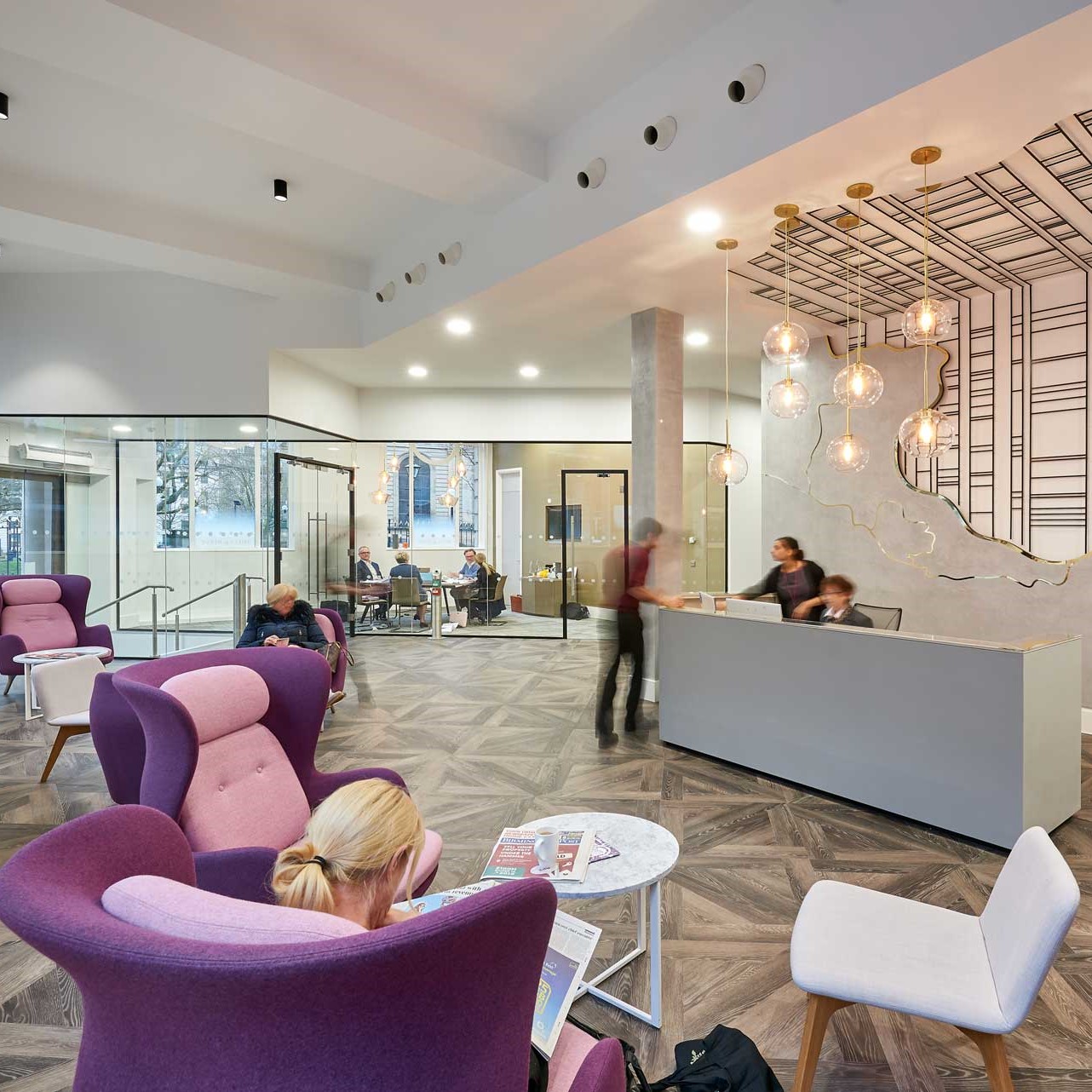
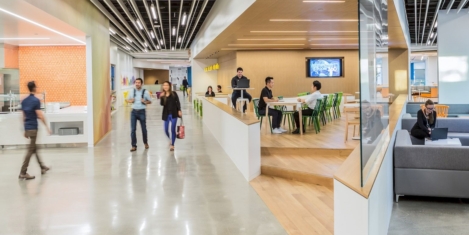
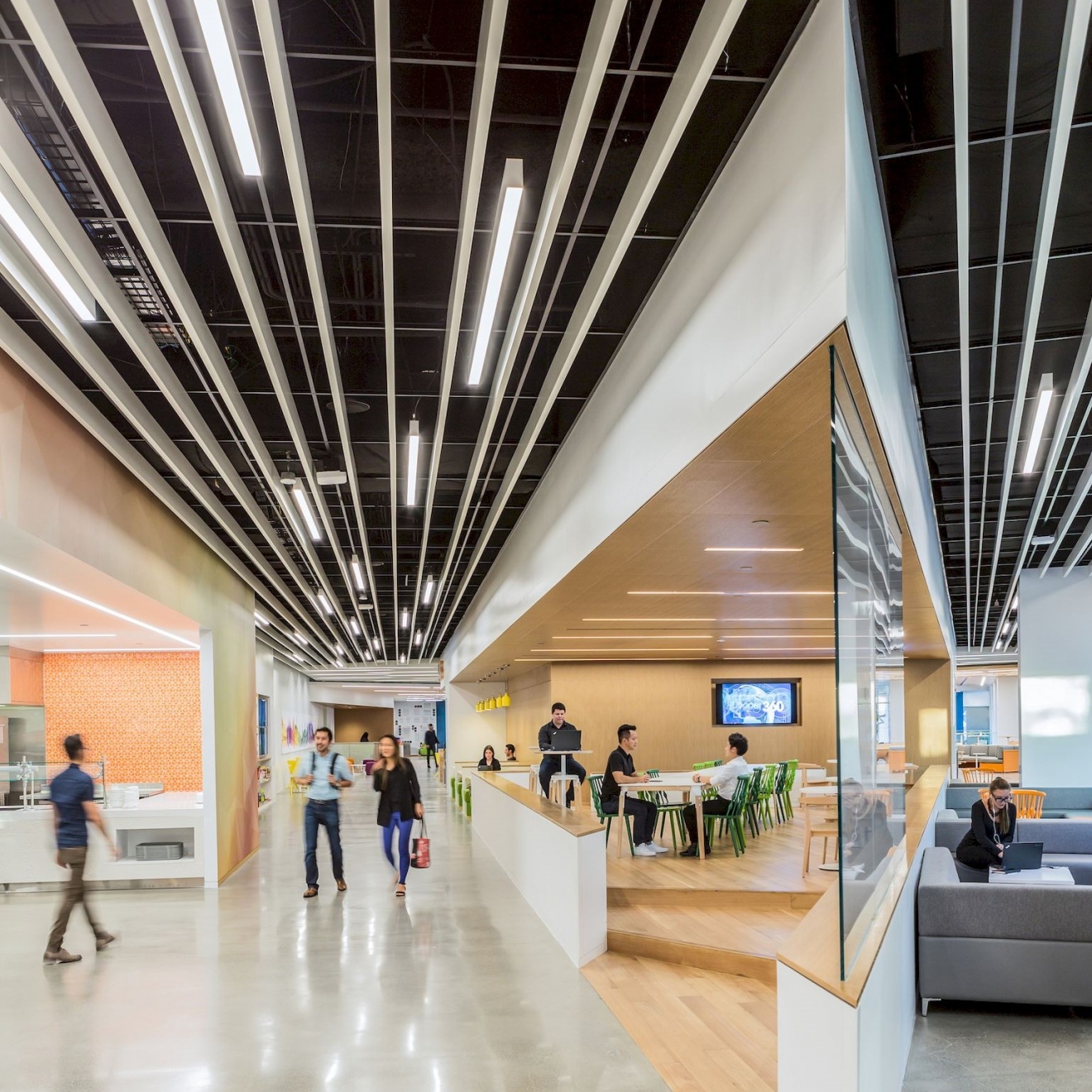





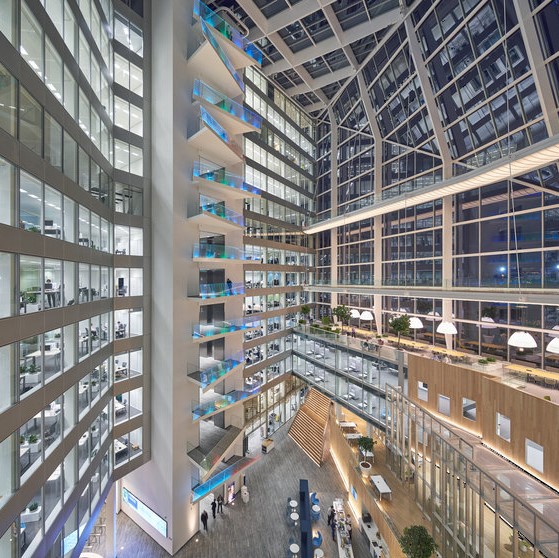











October 25, 2019
Fine tuning office design and its most wonderful invention to our needs
by Mark Eltringham • Comment, Workplace design